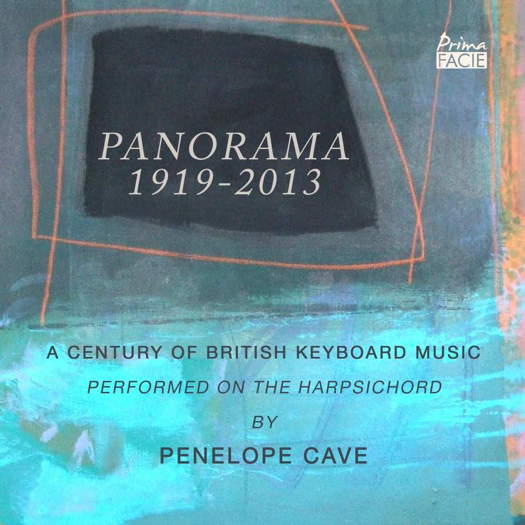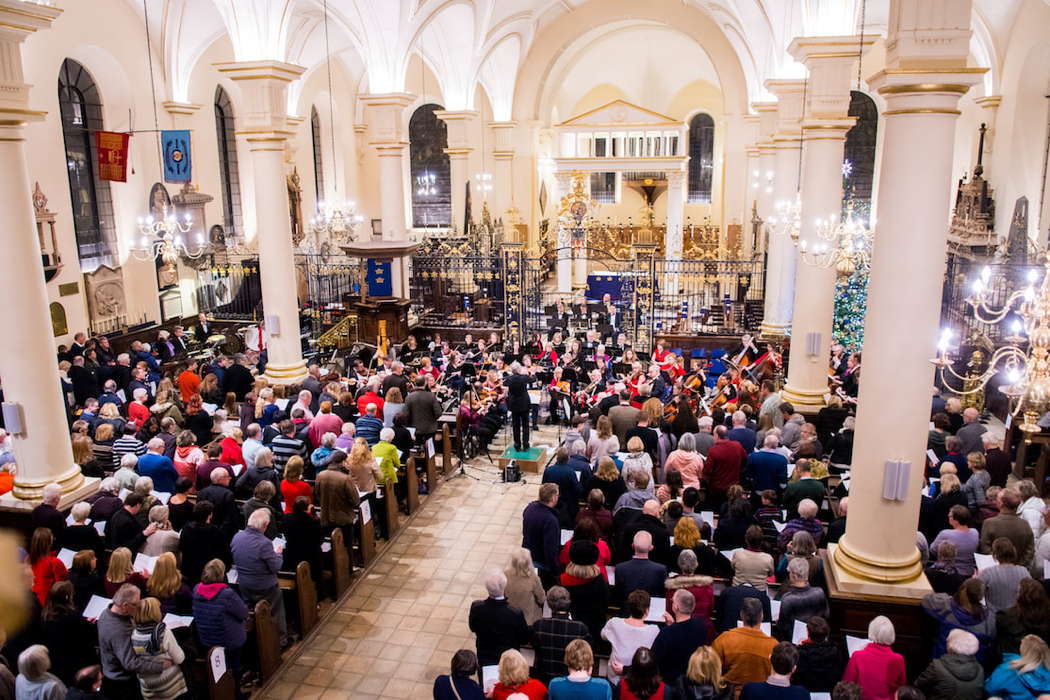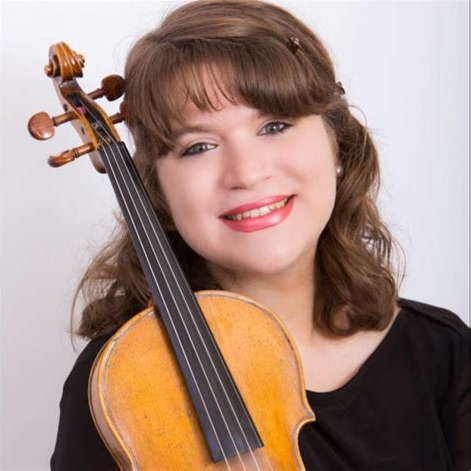- Johan Halvorsen
- David Porcelijn
- SOAS
- Nevill Holt
- Arthur Sullivan
- Henk Badings
- Beethoven: Archduke Trio
- David Dutch
 DISCUSSION: What is a work? John Dante Prevedini leads a discussion about The performing artist as co-creator, including contributions from Halida Dinova, Yekaterina Lebedeva, Béla Hartmann, David Arditti and Stephen Francis Vasta.
DISCUSSION: What is a work? John Dante Prevedini leads a discussion about The performing artist as co-creator, including contributions from Halida Dinova, Yekaterina Lebedeva, Béla Hartmann, David Arditti and Stephen Francis Vasta.
 SPONSORED: CD Spotlight. A Fantastic Collection. Penelope Cave Panorama CD. Little-known harpsichord gems, strongly recommended by Alice McVeigh.
SPONSORED: CD Spotlight. A Fantastic Collection. Penelope Cave Panorama CD. Little-known harpsichord gems, strongly recommended by Alice McVeigh.
All sponsored features >>
Varied in Tone and Style
MIKE WHEELER listens to
twentieth-century British music
played by Derby Concert Orchestra
Instead of a Christmas concert this year, Derby Concert Orchestra gave us an entertaining evening of twentieth-century British music, nicely varied in tone and style - Derby Cathedral, Derby, UK, 30 November 2019.
Assistant Conductor Ed Temple opened by steering a crisp, punchy account of Walton's Crown Imperial. While the central big tune moved with dignity, it was the echoes of Belshazzar's Feast that stood out particularly clearly. The first of Malcolm Arnold's Four Scottish Dances went at a fairly steady tempo, making a somewhat weightier effect than usual. No 2 was light on its feet, performing a delightful disappearing act at the end. The gentle atmosphere of the third dance was the perfect contrast to the orchestra's uproarious handling of No 4. Butterworth's The Banks of Green Willow was a touch under-characterised at first but gained atmosphere as it went on. The flute and harp contributions to the central episode were particularly limpid.

Derby Concert Orchestra performing in Derby Cathedral
Principal Conductor Jonathan Trout took over for the rest of the evening, beginning with the ballet suite The Legend of Pandora, composed in 2017 by Frederick Paul Naftel, principal percussionist with the Bolton Symphony Orchestra. DCO played two movements this time last year; on this occasion we heard all six. The music is mainly in a mid-twentieth-century tonal idiom, with echoes of Bliss, Arnold and John Williams. The opening of 'The Birth of Pandora' was striking, with darkly effective use of bass clarinet, contra-bassoon, and organ pedals. Of the other movements, 'Opening of the Vessel' had a vivid sense of strangeness, almost a dance of death. 'Pandora's Lament' fragmented effectively, but the final 'Dithyramb' rather outstayed its welcome. Many listeners, I'm sure, would have appreciated an outline scenario in the printed programme.
Part two began with a Vaughan Williams double, starting with a vigorous reading of the overture to The Wasps, full of lively characterisation, though co-ordination faltered a little to begin with. Leader Dora Chatzigeorgiou began her solo in The Lark Ascending slowly and thoughtfully, and the orchestra's contribution had an easy swaying motion. While the central episode could have been a touch more lively, the ending, with the solo violin spiralling ever higher, was calmly focused.

Dora Chatzigeorgiou
Peter Maxwell Davies' An Orkney Wedding with Sunrise was the perfect finale. The opening storm, brief though it is, was vivid, the dance tunes had real lift, and the humour in the tipsy fiddler episode came across without sounding forced. The link to the final section had a genuine sense of anticipation, and though piper Lorne MacDougall started his walk to the front a bit too soon, he made an appropriate aural and visual impact.
Copyright © 13 December 2019
Mike Wheeler,
Derby UK



